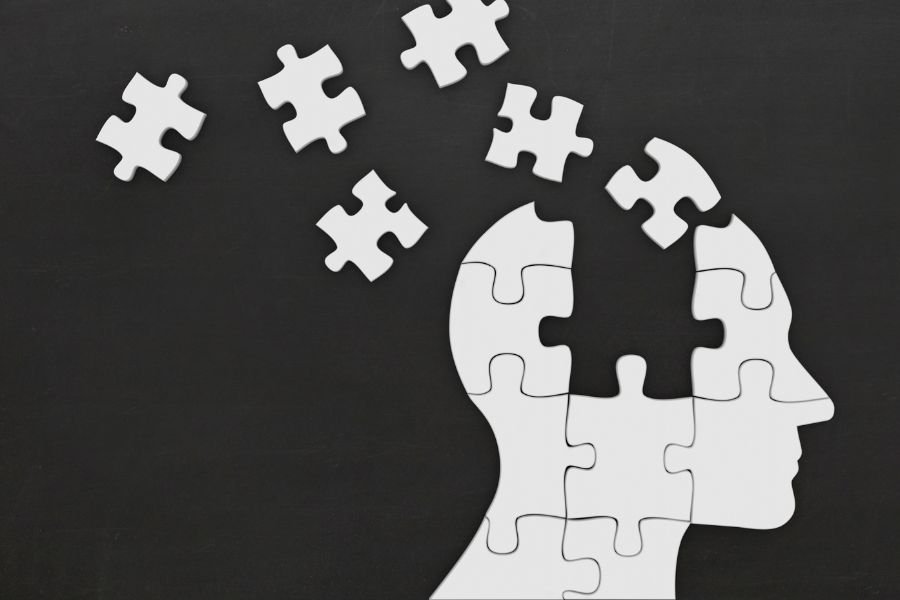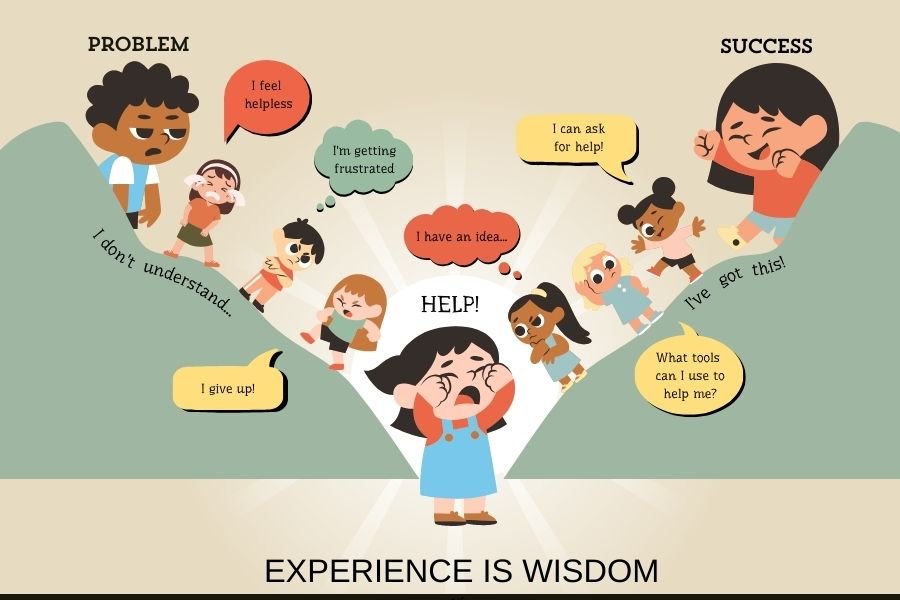Loneliness is a complex and universal human emotion that has touched each of us at some point in our lives. It’s that sinking feeling of disconnection, the sense that we’re on the outside looking in. During this difficult phase, we can be driven by many thoughts and external factors. These may include social and interpersonal, among others.
It is very typical to feel socially burdened. A study published in BMC Psychiatry investigated how mental health stigma affects young people with depression symptoms. Participants described public stigma (initiated by others) and internalized stigma (self-imposed) as disrupting social relationships. Stigma led to feelings of loneliness, isolation, and depressive symptomology. Lack of understanding from others, unreliable support systems, and judgment contributed to increased loneliness and reduced relationship quality. Mental health stigma significantly impacts social connections and exacerbates loneliness, especially among young individuals.
Loneliness is a global concern. The World Health Organization (WHO) estimated that 1 in 4 people worldwide will be affected by mental or neurological disorders at some point in their lives. In 2017, depression affected more than 264 million people globally, and the number has likely increased during the pandemic. Loneliness is associated with an increased risk of depression, anxiety, suicidality, and dementia. Addressing loneliness as a public health issue is crucial.
We live and are raised in a society that is highly driven by myths and stigmas. These myths are often so deeply ingrained in us that they start dictating our actions and thought patterns. These myths can also make feeling some “negative” emotions even more complicated, with little or no room for active conversation and thinking.
It is essential that we point them out now, create a more open and educated society, and raise better and rational citizens. Common misconceptions about loneliness cloud our understanding of this profoundly human experience. By shedding light on these myths, we can better comprehend the reality of loneliness and, in turn, offer empathetic support to those who may be grappling with it.
Myth: Loneliness is purely about physical isolation.
Fact: Loneliness is about the longing for meaningful, soul-nourishing relationships. You can be in a room full of people and still feel lonely if those connections lack depth and understanding.
Myth: Loneliness is only folder peopleelderly.
Fact: Loneliness doesn’t discriminate based on age. It can touch the lives of the young and everyone in between. Our need for connection remains constant throughout our lives.
Myth: Feeling lonely is a sign of weakness.
Fact: Feeling lonely is not a sign of weakness but a reminder of our fundamental need for social bonds. It’s an innate part of the human experience, a signal that we crave connection and belonging.
Myth: Loneliness is solely caused by external factors.
Fact: Loneliness can also result from internal struggles, self-doubt, and a lack of self-compassion. Sometimes, our own perceptions and inner battles contribute to feelings of loneliness.
Myth: Loneliness is always evident on the surface.
Fact: Loneliness isn’t always evident. Some people become adept at concealing their feelings, wearing a social mask, and appearing content even when they yearn for meaningful connections.
By debunking these myths and embracing the facts about loneliness, we can approach this shared human experience with empathy and understanding. Let’s create a world where we acknowledge and support one another through the ups and downs of our emotional journeys.
These are some of the popular myths regarding loneliness. From the bottom of my heart, I wish for these words to reach the majority of the population and request you to share this with people ahead. Let us create a chain of rational individuals. Follow us for more such valuable insights and to know more about such myths.
Remember that combating social myths and promoting understanding can alleviate loneliness and improve mental well-being. Let’s continue to challenge misconceptions and foster empathy!














